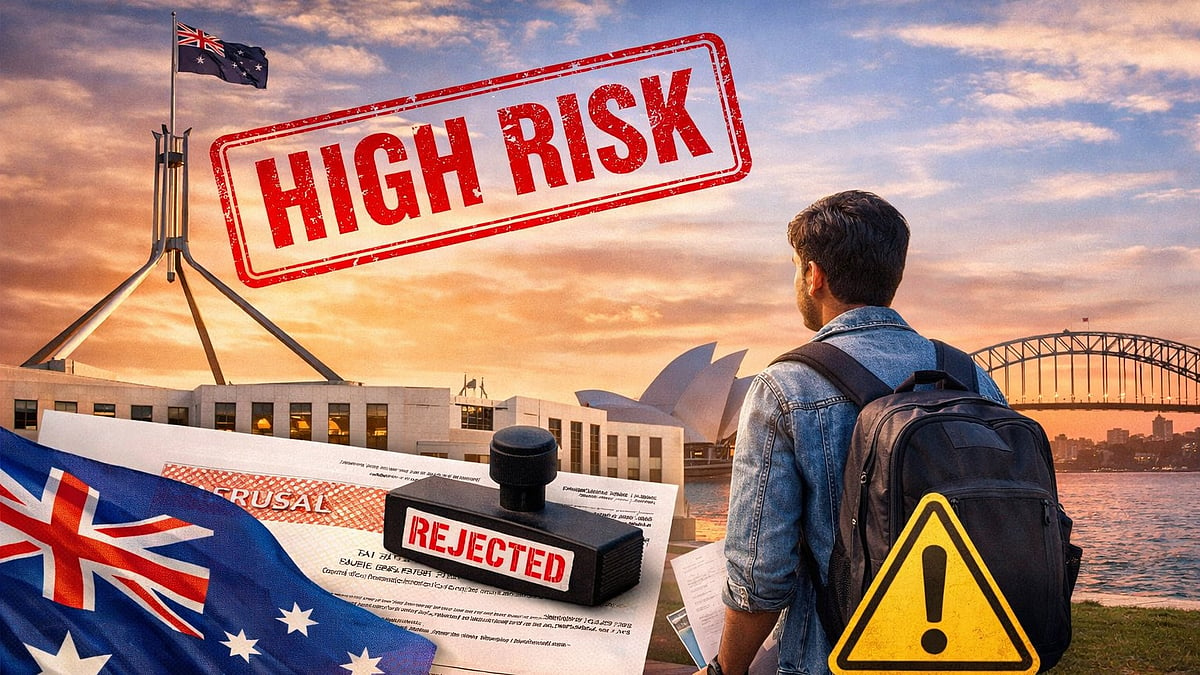Three years after the global health crisis caused by the spread of the novel coronavirus SARS-CoV-2, people across a wide range of social strata are struggling with the after-effects of the pandemic.
Eighteen-year-old Kailash, studying BTech in Chennai, consulted me with his parents. His concern is that he is addicted to virtual games. He narrates that it began with the lockdown due to Covid-19. He involved himself with video games, as the laptop and internet access were provided easily. It has been three years now, and he is still hooked to video games. He wants neither to interact with parents nor meet his friends. He has limited himself to the virtual word to the extent of his self-care. He feels extremely guilty that he could have gone to IIT but ended up in BTech due to this addiction.
Did Covid 19 increase screen or internet addiction?
A family physician visited me with extreme lethargy and loss of enthusiasm in seeing patients. He narrated his heart-wrenching story. Since the pandemic started three years ago, he has examined many patients suffering from Covid, guided them appropriately for admission in Covid-related centres, and in one case he resuscitated a patient on the street and saved his life. It was a heroic deed. Few appreciated it. But after a few months, people began accusing doctors of getting commission from the government to admit Covid patients. Being accused of heroism just to get commission, took a huge toll on his mental health.
Did Covid 19 increase mental health issues?
A 52-year-old woman was sobbing even after three years of having lost her husband, as if it had happened yesterday. She visited me with her daughter. She was inconsolable. She asked, “Why me?” She was depressed, devoid of enthusiasm. She felt guilty, and said, “God should have taken me also.” It has been three years, yet she has not returned to normal life. She could not find any joy; she would look at other couples and tears would roll down her cheeks.
She said to me, “My husband was healthy. He did not have any disease. He was never hospitalised. Then why did this happen? Why did he succumb to Covid?”
I did not have an answer to her question.
Did Covid-19 take away the happiness of many families?
Indeed, Covid-19 has led to another pandemic — of mental health issues. Research from all over the world is vouching for this. The mental health of the world’s population has gone for a toss. Research says that around 20% of Covid-19 patients have developed mental health issues. But the fact is that every one of us witnessed mild degree symptoms like mood swings to severe form of anxiety (Corona-phobia) and depression.
Who is vulnerable to this?
1. Those people who have pre-existing mental health issues.
2. Patients who had severe Covid-19 infection and were in intensive care units.
3. All health care workers.
4. Families who lost their loved ones. And
5. All adolescents and children.
The first category of patients really suffered a lot. There was acute exacerbation of previous mental health issues, as the necessary treatment facilities were not in place due to the pandemic. All the mental health care workers were posted to Covid care. Patients did not visit hospitals for mental health checkups due to the fear of Covid infection. Even today, many do not want to visit hospitals, and prefer teleconsultation. Still, many patients are symptomatic due to many medical and social consequences of Covid-19 such as loss of job, financial difficulties, loss of loved ones and severe previous Covid infection.
Patients who suffered severe Covid infections are prone to suffering from anxiety disorder, depression, post-traumatic stress disorder (PTSD), or phobia. Fear and loneliness have engulfed them. They develop confusion, insomnia, forgetfulness and concentration difficulty. One study revealed that 38% of these patients have depression and 22% are suffering from anxiety disorder.
Health care workers (HCWs) were the most vulnable population. As they were in close contact with Covid patients, they have to bear social stigma. They had insufficient time off from their duties. Fifty per cent of health care workers needed psychological support and counselling. One research study revealed that 50% HCWs suffered PTSD, 25% had depression, 20% had anxiety issues and 8% had suffered sleep disturbances.
The surviving family members of Covid-19 victims have been suffering a great deal of mental health consequences. Research has shown that 69% family members suffered sleep issues, 43.1% to 69% witnessed anxiety and depression. Family members reported being worried and frustrated, many reported sadness, inability to talk to someone and difficulty in caring for their loved ones. It has impacted significantly the quality of life of the surviving family in terms of eating habits, family activities, holiday, sleep, sex life and work or study. Emotional shock included feelings of guilt and rumination, bitter farewell, strange burial and concern about unreligious burial, and fear of the future included instability in the family, lack of job security and difficult financial conditions.
Children and adolescents might have suffered both internal emotional turmoil and outward violence, abuse or neglect by family. Many indulged in online activities. Several research studies suggested increase in internet addiction by 20%. The age of first internet use was reduced to 10 years. There was 59% increase in use of internet by children and adolescents, and the mean hours of use increased from 7 hours to 11 hours. It is well documented that amateur online activities such as online chatting, binge-watching web series, online shopping and playing games like PlayerUnknown’s Battlegrounds (PUBG), etc, are often a mechanism to deal with anxiety and to ameliorate depressed feelings. Depression, anxiety disorders, screen addictions, sleep disturbances and aggressive behaviour are the mental health consequences in children.
We are seeing people from all the five categories with mental health ailments. Treatment for these ailments is absolutely necessary.
To keep healthy in general, try the following tips.
1. Eat a well balanced diet. Avoid any kind of substance use.
2. Do not compromise on sleep. Inadequate sleep is the precursor of many physical and mental health ailments.
3. Exercise in moderation. Brisk walking and running should help you a lot.
4. Set a time limit for screens and gadgets. Avoid using them unnecessarily and for entertainment. Impose these rules on your children.
5. Practice deep breathing exercises, which calm the mind and body, for at least 10 minutes daily.
6. Yoga and meditation is usually helpful.
In spite of following the above and striving for a healthy lifestyle, anyone can have a mental health issue. It needs treatment. The above health tips are not a substitute for treatment.
Dr Shailesh Umate is a consultant psychiatrist, sexologist and addiction specialist, whose mission is spreading awareness about mental health and well-being









